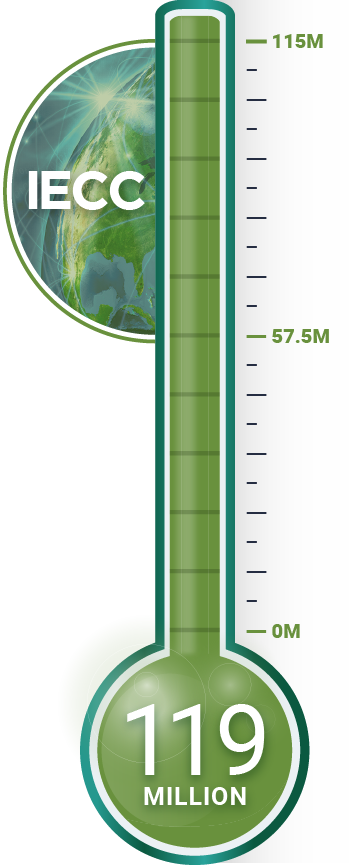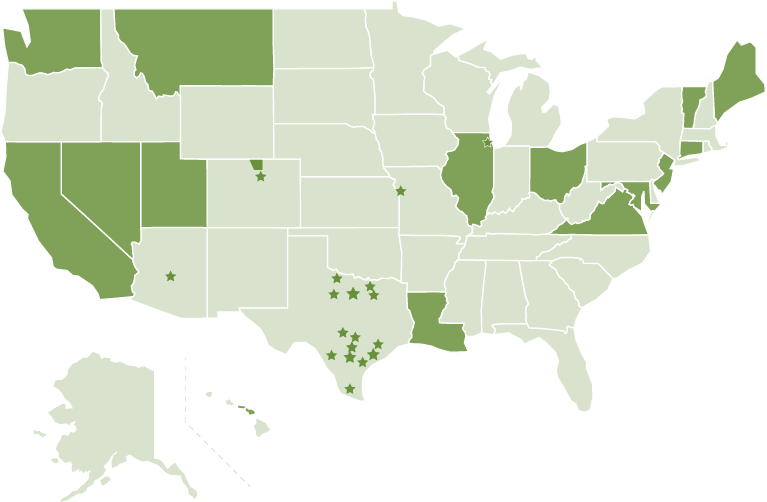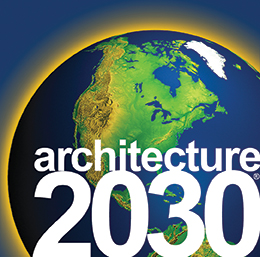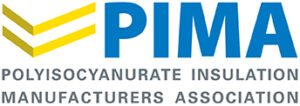
2021 IECC: A Code on a Mission
States and localities have set either greenhouse gas (GHG) reduction goals or established zero-energy building targets. The U.S. Administration has set zero-energy building goals of 2030 for new construction and 2050 for all buildings.
National, state and local governments cannot meet their GHG reduction goals without addressing buildings and thus having building energy codes that align with the goals.
The International Code Council is launching the Code on a Mission challenge to get over a third of the U.S. population covered by energy codes based on the 2021 IECC by the end of 2023.
The Infrastructure Investment and Jobs Act (IIJA) will make available an unprecedented $225 million investment towards energy code implementation through the new Resilient and Efficient Codes Implementation (RECI) program. The Inflation Reduction Act (IRA) will make $1 billion available for Building Code Technical Assistance. This includes $330 million to adopt the latest building energy code, including the 2021 International Energy Conservation Code (IECC), and $670 million to adopt a building energy code that meets or exceeds the zero energy provisions in the 2021 IECC. For more information on the RECI and IRA programs, visit our Federal Grants Webpage. More information on these grant programs is also available on the Code on a Mission Toolkit.
Check this page regularly to find out how we are progressing in meeting our goal. We also have resources, including a fact sheet, that can be shared to promote the benefits of the adoption and implementation of the 2021 IECC.













